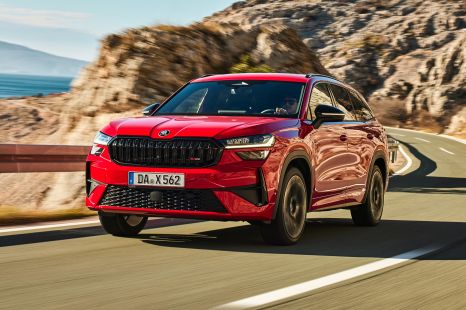

James Wong
2026 Skoda Kodiaq RS: Seven-seat performance SUV priced for Australia
3 Hours Ago
The growing threat of cheap Chinese EVs has competitors Ford and GM considering partnering with other companies to reduce costs.
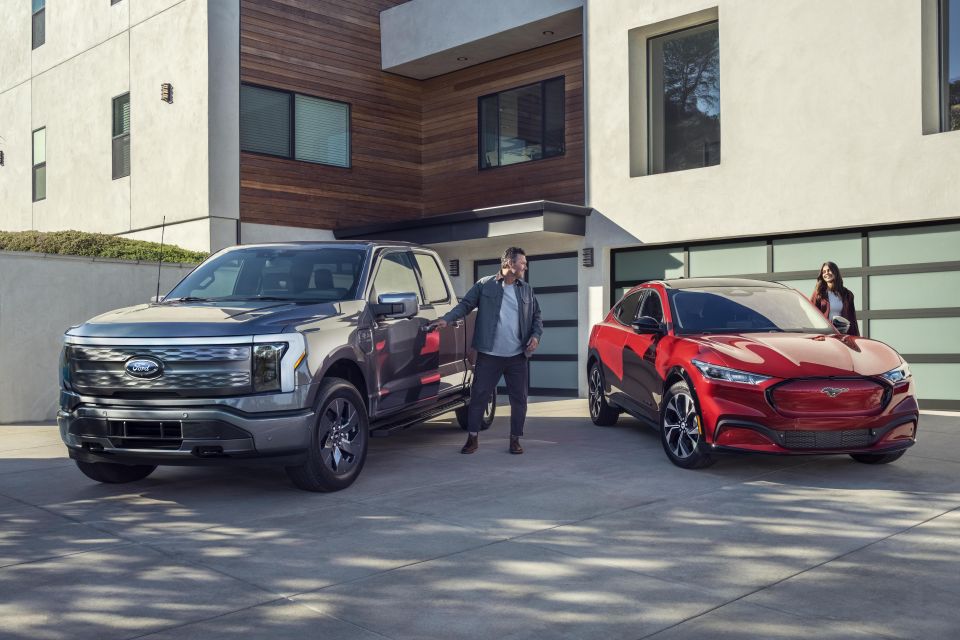
Ford and General Motors (GM) are considering partnering with more companies to head off the incoming pressure from cheap Chinese electric vehicles (EV).
The CEOs of both Ford and GM confirmed at a conference last week that if partnering with other companies is a viable way to cut costs, then they would seize the opportunity.
“If there’s ways that we can partner with others, especially on technologies that are not consumer-facing, and be more efficient with R&D as well as capital, we’re all in,” GM CEO Mary Barra told investors at the Wolfe Research Global 2024 Auto and Auto Tech Conference.
At a separate presentation, Ford CEO Jim Farley discussed how an effective partnership could work based on a collaboration on battery technology.
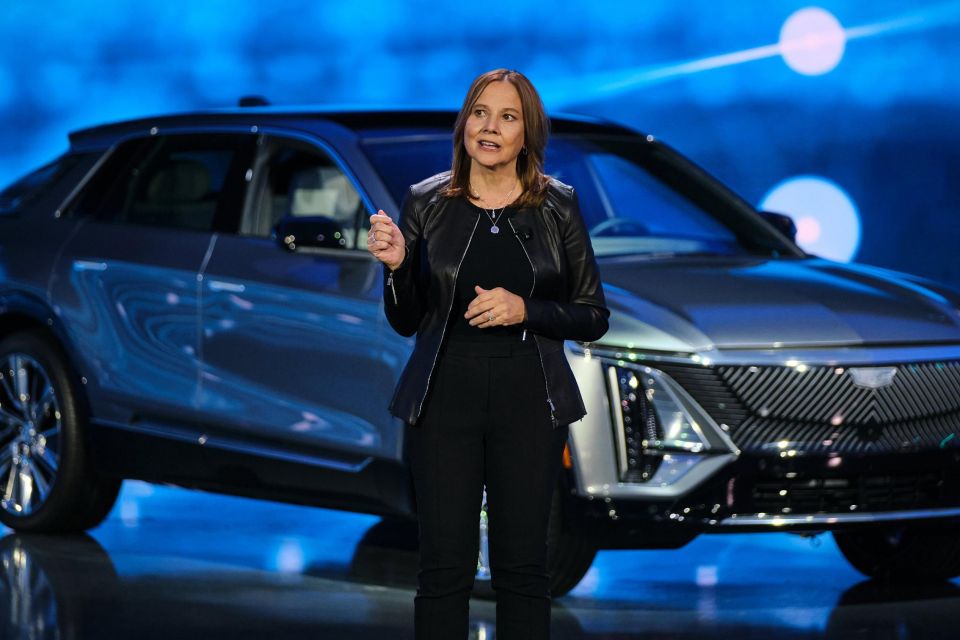
“We can start having a competitive battery situation. We can go to common cylindrical cells that could add a lot of leverage to our purchasing capability,” he said.
“Maybe we should do [this] with another OEM (carmaker).”
The big player creating cause for concern among Ford and GM is BYD, which has recently made moves to continue expanding its global presence.
This concern was highlighted in Mr Farley’s prediction for the future, with the CEO saying, “If you cannot compete fair and square with the Chinese around the world, then 20 per cent to 30 per cent of your revenue is at risk [over the next several years]”
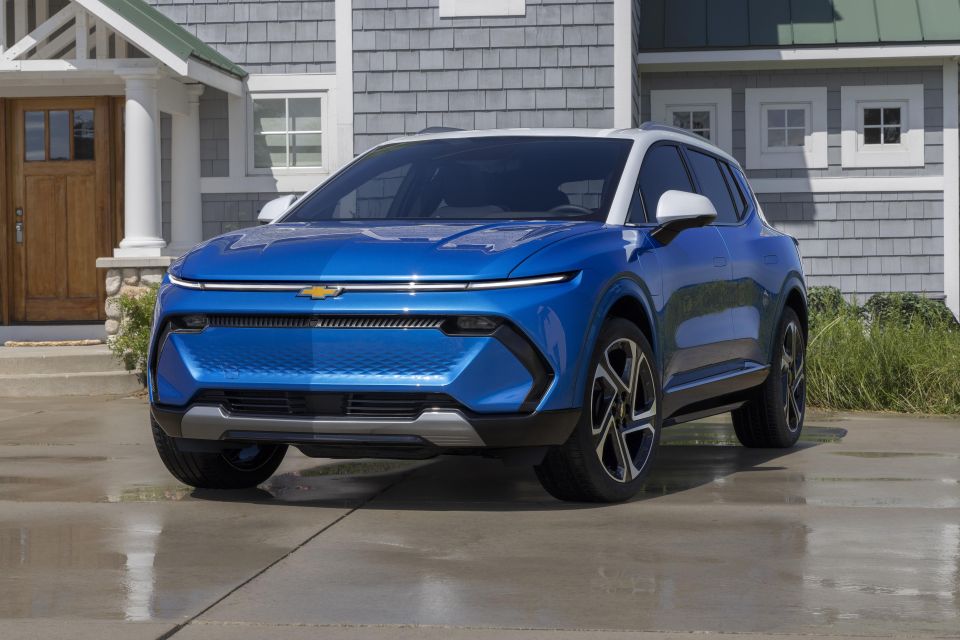
In the fourth quarter of 2023, BYD beat Tesla for the first time in global EV sales volume, but last year 92 per cent of the brand’s sales were in China. It’s expanding its global presence rapidly, however.
After confirming late last year it planned to build electric cars in Hungary, BYD is now eyeing a Mexican plant that could allow it to crack into the US market, the world’s second largest.
BYD Mexico head Zhou Zou told Nikkei that the company has launched a feasibility study for a Mexican plant.
By building a plant in Mexico, BYD can lower export costs to the US. It could also potentially circumvent a 27.5 per cent tariff on Chinese-made goods by building its vehicles in Mexico with 75 per cent of content sourced from within North America.
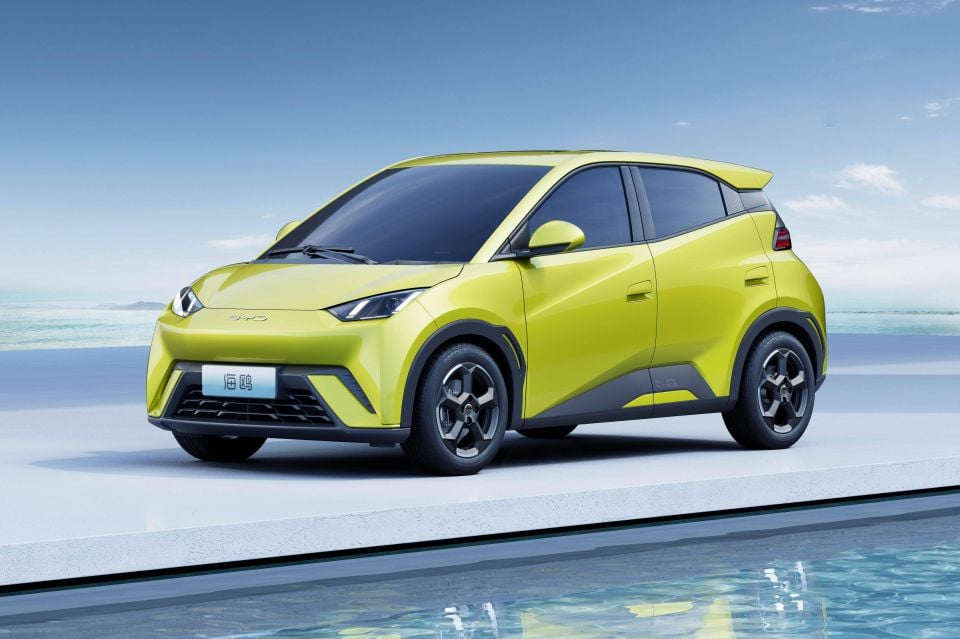
Mr Farley said BYD can currently make its Seagull EV for about US$9000-11,000 (A$13,778 to A$16,839), while Wolfe Research analyst Rod Lache said that BYD’s production costs are about 30 per cent less than those of Western automakers.
Ford’s EV rollout hasn’t been as successful as BYD’s, with the American automaker having to change its EV strategy after projecting losses of more than US$5.5 billion (A$8.43bn) for this year alone.
Apart from potentially partnering on batteries as previously mentioned, Ford is also considering delaying upcoming EV models while utilising a skunkworks team to develop a cheap EV platform.
GM is under pressure, too.
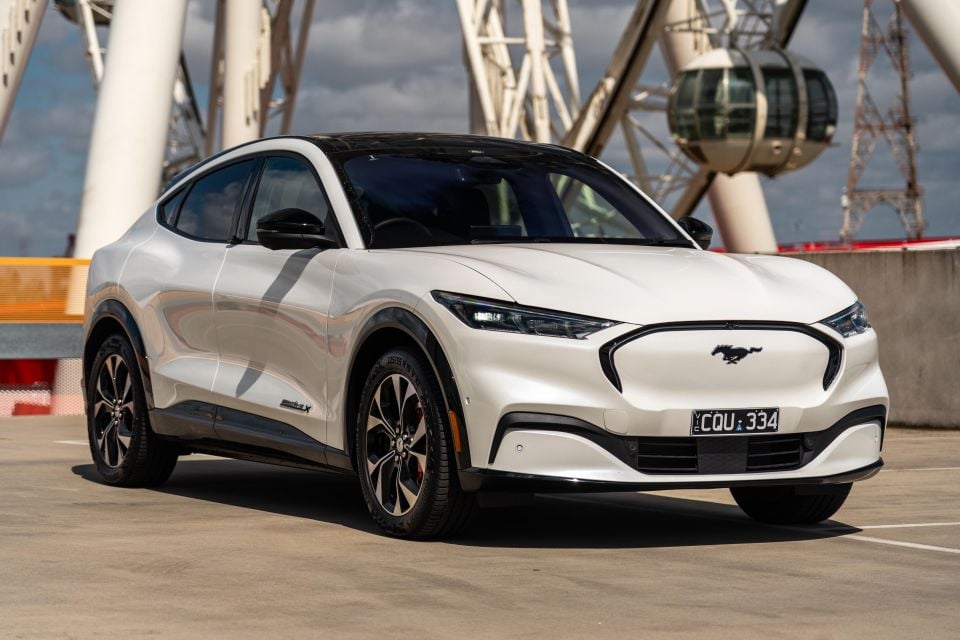
“Frankly, we didn’t execute well this year [2023] as it relates to demonstrating our EV capability,” GM CEO Mary Barra said earlier this year in remarks reported by Automotive News.
Nevertheless, Ms Barra says the company is well positioned to begin breaking even on its North American EVs – if it can achieve an annual production rate of 200,000-300,000 units.
Both American giants are under pressure to spend less on EV development and deliver more cash to investors.
Last month, Ford said it would reward investors with an extra 18 cents (A$0.28) per share in dividend. This would reportedly return US$720 million (A$1.1 billion) to shareholders.
Ford and GM have both previously partnered with other entities on EVs.
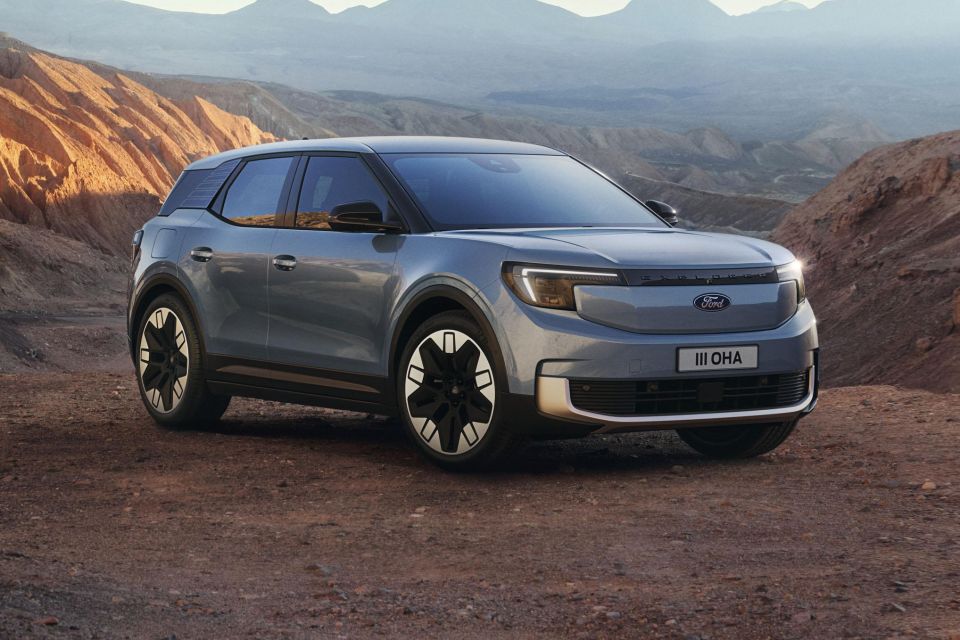
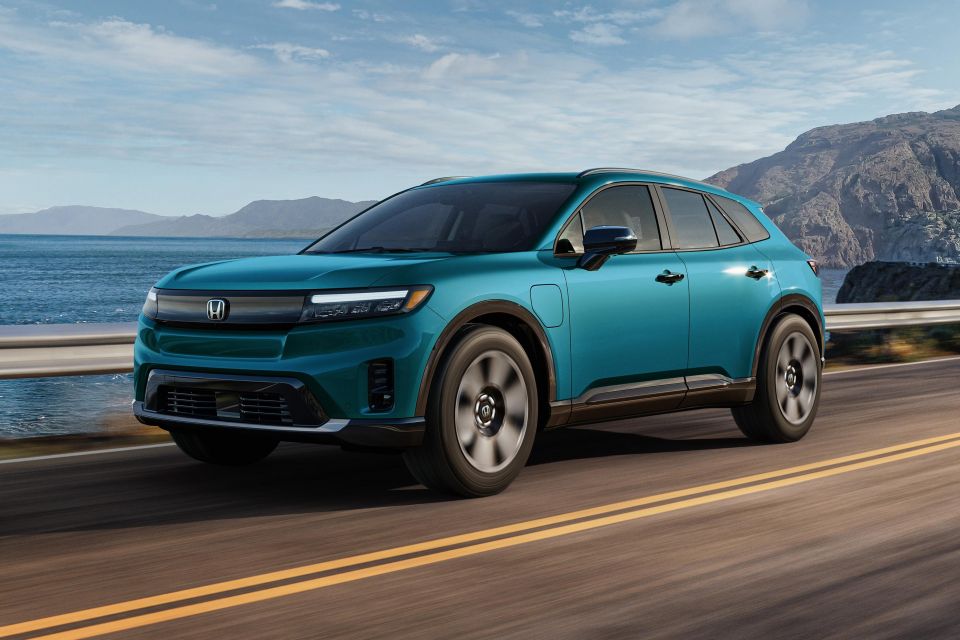
As part of a wider partnership with Volkswagen that has also seen the two companies share combustion-powered light commercial vehicles, Ford is introducing two EVs in Europe based on the German giant’s MEB architecture.
GM and Honda had an agreement to co-develop affordable EVs with the range expected to hit dealers in 2027. Citing a difficult business case however, both companies ended the deal late last year, though Honda is still rolling out a pair of large GM-based EVs.
While Ford and GM aren’t partnering directly with BYD, there is a connection between the firms.
BorgWarner – a supplier to both Ford and GM – has recently entered into a partnership with a BYD subsidiary to use the Chinese manufacturers’ battery technology.
The eight-year partnership currently makes BorgWarner the preferred manufacturer of complete battery packs using individual FinDreams LFP cells for commercial vehicles in “Europe, the Americas, and select regions of Asia Pacific”.


James Wong
3 Hours Ago
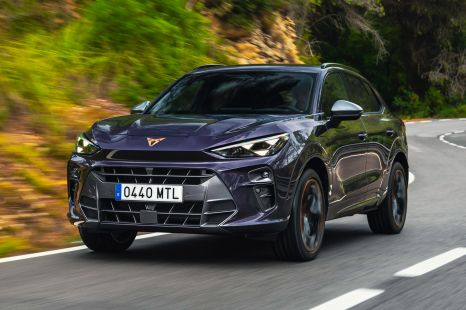

James Wong
3 Hours Ago


CarExpert.com.au
4 Hours Ago
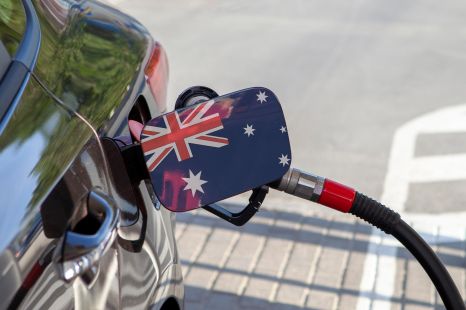

Damion Smy
5 Hours Ago
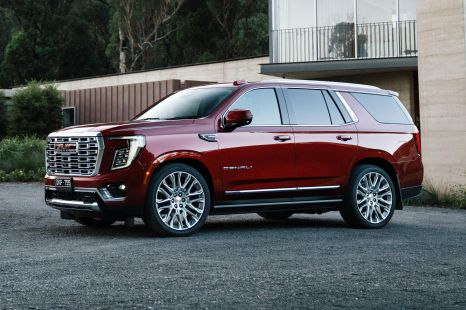

Alborz Fallah
5 Hours Ago
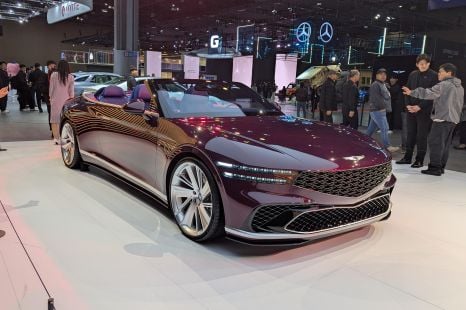

William Stopford
6 Hours Ago